
Health topics
Colorectal Health
Hometown Health Blog
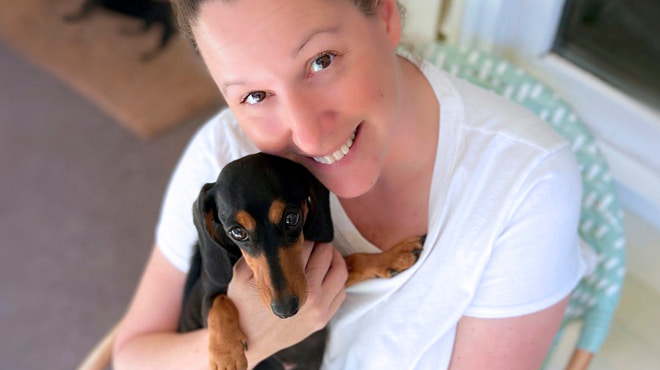
Genetic screening reveals surprising condition
Tammy LeDoux wasn't sure what to expect when she volunteered for a genetic testing study. The results revealed a surprising condition that led her to take preventive action for her health.
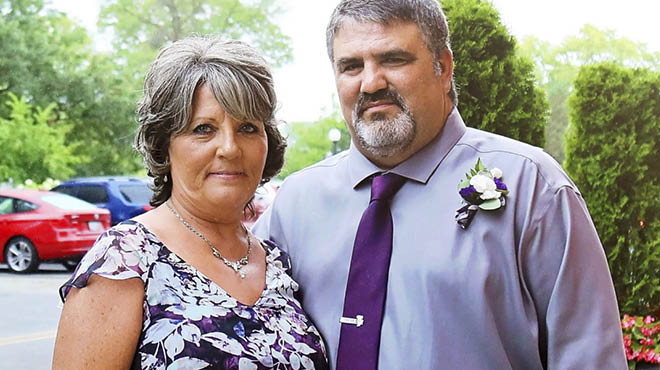
A tale of cancer worth hearing
Carole Reisinger tells people not to put off colonoscopy screening and to pay attention to symptoms. After being diagnosed with two types of cancer, she knows the importance of cancer screenings.

Using cold cap to prevent hair loss during cancer
Hair loss is a common side effect of chemotherapy, and can contribute to stress and anxiety. However, scalp cooling therapy helps many patients keep most of their hair.

Reducing your risk for colorectal cancer
While the exact cause of colorectal cancer remains unknown, there are proven risk factors for the disease. Learn about colorectal cancer screening options and what you can do to reduce your risk.

5 things you can do to keep your colon healthy
For years, turning 50 came with a special birthday message from your health care team: Time to have a colonoscopy. Read about the change in guidelines to begin screening at age 45.
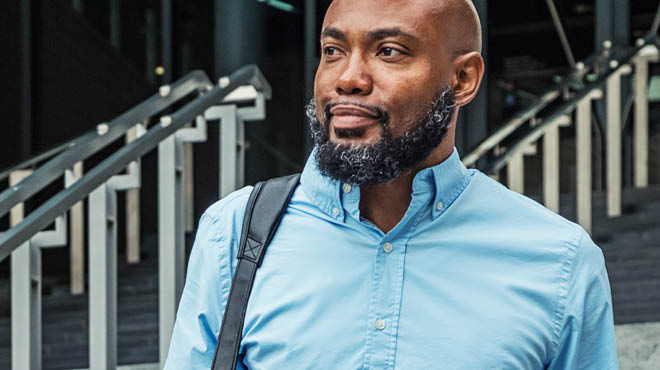
Colorectal cancer myths and facts
Colorectal cancer is the second-leading cause of cancer-related death in men and women combined. Test your knowledge of why and how you can be screened with myths and facts.
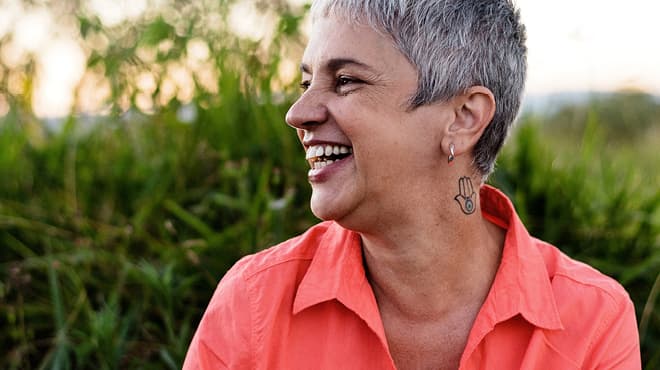
Polyps: Colon cancer culprits
Colon cancer is the No. 3 cancer diagnosed in the U.S. Polyps are a key culprit, but often don't cause symptoms. In this Q&A, learn 6 things you should know about polyps.

11 tips for coping with a cancer diagnosis
If you've been diagnosed with cancer, knowing what to expect can lower your stress level. Use these 11 suggestions to learn more about your diagnosis, and improve resilience and coping skills.
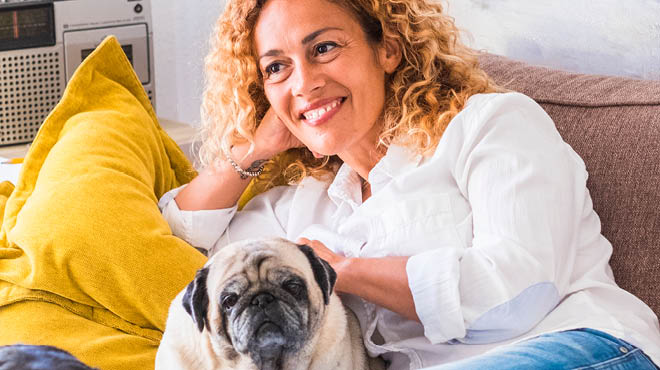
Benefits of sedation-free colonoscopy
Though few people look forward to having a colonoscopy, every year millions have one — many completed without sedation. Learn why this may be a good option for you.

Colorectal cancer Q&A
Colorectal cancer is the third most commonly diagnosed cancer in the U.S., but prevention is possible. Learn more in this Q&A.
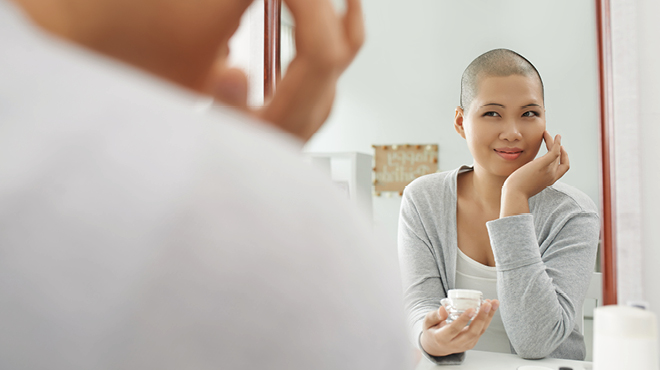
The emotional side of cancer: 7 tips
Cancer can affect more than physical health. The emotional side can affect the ability to cope and stick to a treatment plan. Get 7 tips on how to improve your emotional well-being as a cancer patient or caregiver.
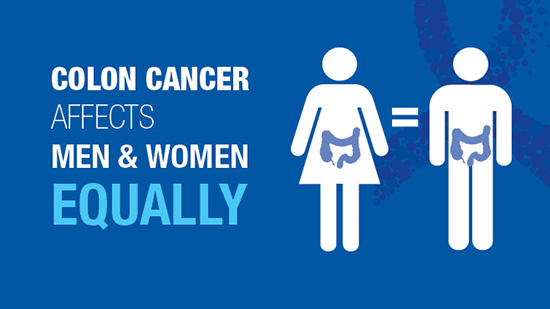
What to expect before, during a colonoscopy
Male or female, health care professionals now recommend screenings for colorectal cancer beginning at age 45. A colonoscopy is the gold standard. Here's what to expect before and during the procedure.


